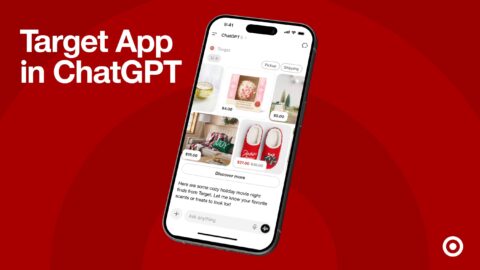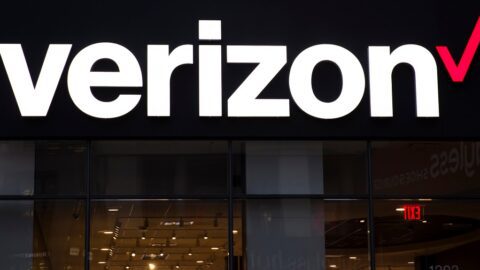At first glance the results from the recent Black Friday and Cyber Monday sales gave the retail community some hope that consumers might be willing to open up their wallets again. Shoppers upped spending on Black Friday by 7.2% over last year, with the NRF’s 2008 Black Friday Weekend survey conducted by BIGresearch, estimating total Black Friday spending at $41 billion. Online sales for Cyber Monday also jumped 15% from a year ago, according to data from comScore, Inc.
However, a closer look at how those increases were achieved raises some caution flags. Sales spikes from the key Black Friday and Cyber Monday deals may have been more of a mirage that distorted the real slump still going on in retail. The November sales results reported this week continued to show a sharp downturn for almost every company not based in Bentonville. Target’s November sales dropped 10% and off-price leader TJX declined 12%. The November MasterCard Spending Pulse predicted a decline of more than 20% across several categories.
What is even more troubling than the continued sales slump is the potential long-term impact that the desperate deep discounting and “promote-at-all costs” approach retailers have taken to try and paddle some new life into the holiday season. The huge traffic spikes merchants have come to count on Black Friday and Cyber Monday could easily be watered down in coming years as retailers offered head starts and extensions on the holidays this year. Some examples:
- Borders got a head start on Black Friday with an email campaign on Tuesday, Nov. 25, extending its Rewards members a Pre-Black Friday Savings Pass for the Wednesday prior to Black Friday, extending 50% off certain books and Buy 1 Get 1 offers as part of a special in-store promotion.
- On the Sunday prior to Cyber Monday, Circuit City sent out an email with the headline, “Our Cyber Monday Sale starts now–we couldn’t wait until tomorrow!” On the flipside of starting early, Circuit City also dragged Black Friday out for an “encore event,” with an email campaign hitting on the Thursday after Black Friday titled, “Back by popular demand: Black Friday deals, better than ever!”
Even more troubling were the promotion strategies seemingly borrowed from the automotive industry, such as “No Interest Financing until 2012,” and extending Employee Pricing to any customer that gets the Sunday newspaper. It has become much more common for retailers to extend Friends & Family discounts through their employee networks, but The Sports Authority took that to another level this holiday season with an advertisement that offered a one day Employee Pricing sale.
Given the meltdown of the economy and the related impact it has had on consumer spending it is understandable that retailers need to be extremely aggressive during the remaining weeks of the holiday season. However, it is also important that promotions be based on real value of special buys and/or hot merchandise, rather than desperation. As the auto industry is demonstrating in its testimony in Washington this week, once you have played all your cards with the consumer, there is no rebate offer or discount promotion you can offer to trump up demand. Ultimately, what happens is consumer trust is lost and shoppers become trained that a better deal is always coming next week.













